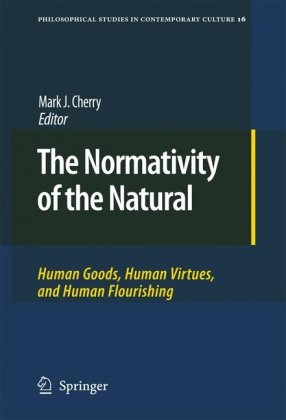

Most ebook files are in PDF format, so you can easily read them using various software such as Foxit Reader or directly on the Google Chrome browser.
Some ebook files are released by publishers in other formats such as .awz, .mobi, .epub, .fb2, etc. You may need to install specific software to read these formats on mobile/PC, such as Calibre.
Please read the tutorial at this link: https://ebookbell.com/faq
We offer FREE conversion to the popular formats you request; however, this may take some time. Therefore, right after payment, please email us, and we will try to provide the service as quickly as possible.
For some exceptional file formats or broken links (if any), please refrain from opening any disputes. Instead, email us first, and we will try to assist within a maximum of 6 hours.
EbookBell Team

5.0
108 reviewsWestern philosophy has long nurtured the hope to resolve moral controversies through reason; thereby to secure moral direction and human meaning without the need for a defining encounter with God or the transcendent. The expectation is for a moral rationality that is universal and able adequately to frame and guide the moral life. Moral and cultural unity was sought though philosophical reflection on human nature and the basic goods of a properly nurtured and virtuous life—that is, through appeal to what has come to be called the natural law.
The natural law addresses permissible moral choice through objective understandings of human nature and human goods. Persons are obligated to act in ways that are compatible with creating and integrating the basic human goods into their lives and the lives of others. Such goods provide the basis for practical reasoning about virtuous choices and immediate reasons for action. The goal is the making of rational choices in the pursuit of a virtuous, flourishing, human life. Natural law theorists have argued extensively against human cloning, abortion, and same-gender marriage.
Yet, whose assumptions regarding human nature should guide our understanding of the basic goods that mark the full flourishing human life? Moreover, why should nature, even human nature, be thought of as a moral boundary beyond which one must not trespass? Persons may wish actively to direct human evolution, utilizing the tools of both imagination and biotechnology. Perhaps nature is simply a challenge to be addressed, overcome, and set aside.
This volume is a critical exploration of natural law theory.